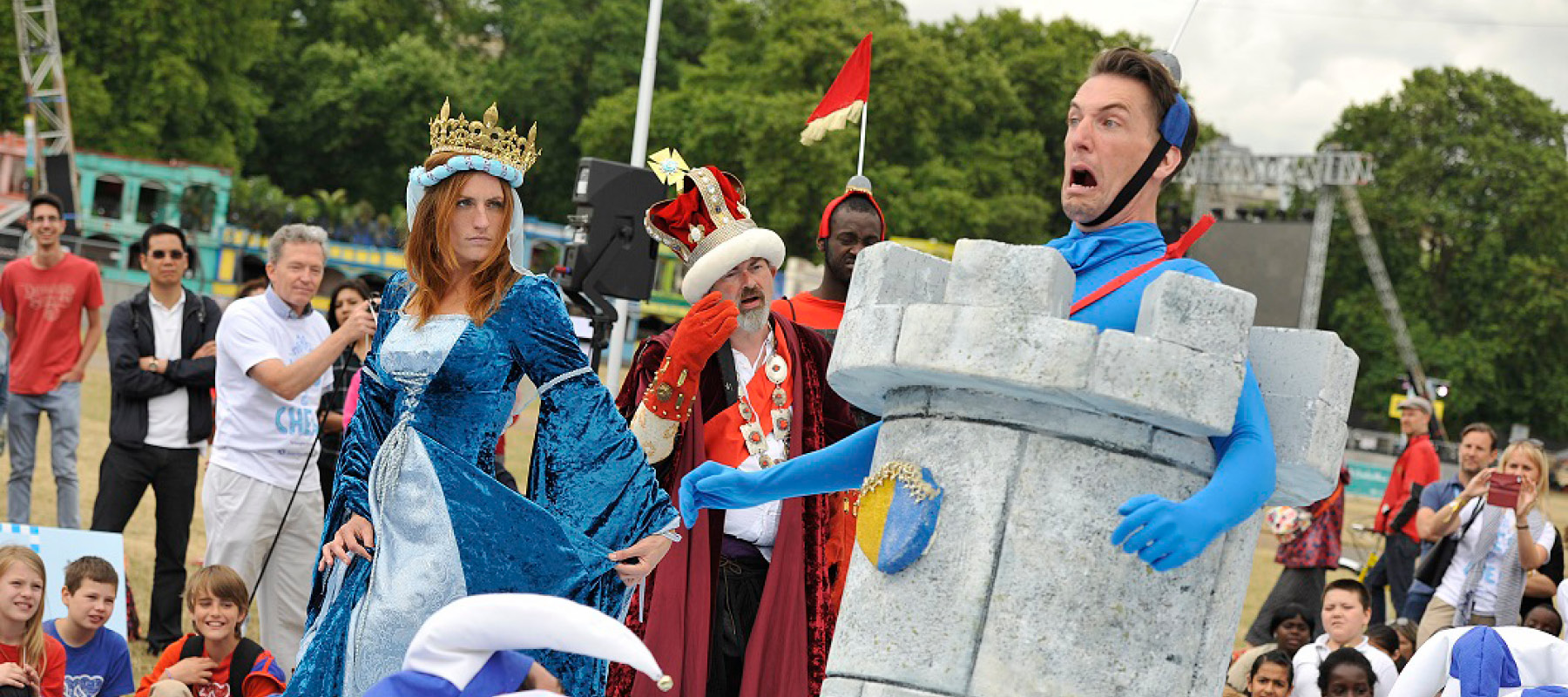A Gymnasium of the Mind That Everyone Can Join

One of my favourite episodes of The West Wing, ‘Hartsfield’s Landing’, uses the game of chess as a metaphor for US–China brinkmanship over the Taiwan Strait. Chess — and various earlier iterations — has been around for hundreds of years and is surely one of the oldest games in the world. The philosopher and mathematician Blaise Pascal supposedly described it as the gymnasium of the mind. And now chess is surging in popularity worldwide — young players apparently attract a huge following by streaming games online — driven first by the Covid lockdown and then subsequently by the phenomenal success of the drama series The Queen’s Gambit on Netflix. The approach of ChessFest 2021 is an ideal time to promote chess in schools, a perfect complement to brain-based learning.
The vocabulary of chess enriches our language. The fascinating book White King and Red Queen by Daniel Johnson — an exploration of the part played by chess in the Cold War — reminds us that words and phrases like keeping an enemy ‘in check’, treating someone ‘like a pawn’, ‘stalemate’, ‘gambit’, and even the name of the UK Treasury, the Exchequer, all derive from the game of chess. It is the most inclusive of games, open to all regardless of background, gender, race, ethnicity and so on. It is also a game for all ages. Frederick Waldhausen Gordon is 10 years old and has been playing chess since the age of six. Within a week he was beating his parents, who both have PhDs in maths, and he has already defeated a chess grandmaster.
Chess is a terrific teaching tool for young players with lessons that extend far beyond the board. The game teaches strategy, logic, pattern recognition and spatial reasoning. However, it also introduces history, new vocabulary terms, and social and emotional lessons such as how to win and lose as an individual. Chess players learn that actions have consequences. Progressing with the game means considering the thoughts and motivations of an opponent, and taking responsibility for personal decisions.
So says the ChessKid website, an outstanding online chess learning and playing zone designed for children aged 5 to 11. It helps children who have no prior knowledge of chess learn how to play the game as well as challenging those children who already know how to play. It makes learning and playing chess easy, fun and (most importantly) safe. A premium offer gives access to lots of additional features and there are also tools to help parents, teachers and coaches manage a chess club or teach chess (including the provision of lesson plans).
A 2016 survey of tutors, teachers, parents and pupils for the UK charity Chess in Schools and Communities shows the remarkable impact that chess can have:
- 96% of staff felt that pupils enjoyed the lessons “tremendously” or “quite a bit”
- There was widespread agreement that chess had improved thinking skills (97%), problem-solving (97%), sportsmanship (97%), self-esteem (90%) and concentration (89%)
- 77% of children played chess with friends, 65% with a computer and 53% with parents
- Parents saw improvement in coping with winning and losing (95%), self-esteem (92%) and sportsmanship (92%)
The mission of Chess in Schools and Communities (CSC), it says, is “to improve children’s educational outcomes and social development by introducing them to the game of chess.” Its website is packed with information about the work it does to support schools and the community. As a charity, it is particularly interested in working with disadvantaged children.
The charity is hosting ChessFest — a three-day chess extravaganza — in London on 16–18 July, with the highlight a day of chess activities open to the public at Trafalgar Square on Sunday 18 July. Plans include free lessons for all ages, grandmasters taking part in speed and blindfold chess, and the involvement of 300 children from 30 inner-city schools from across the UK. The image at the head of this blog is from the ChessFest Twitter feed (@ChessFest2021): “32 actors play the role of the chess pieces on a giant 10-metre square chess board bang in the middle of Trafalgar Square on Sun 18 July — themed for the 150th anniversary of Alice Through the Looking Glass.”
I blog regularly about education, particularly in relation to children aged 5 to 11, at this website about Life-Based Learning.
